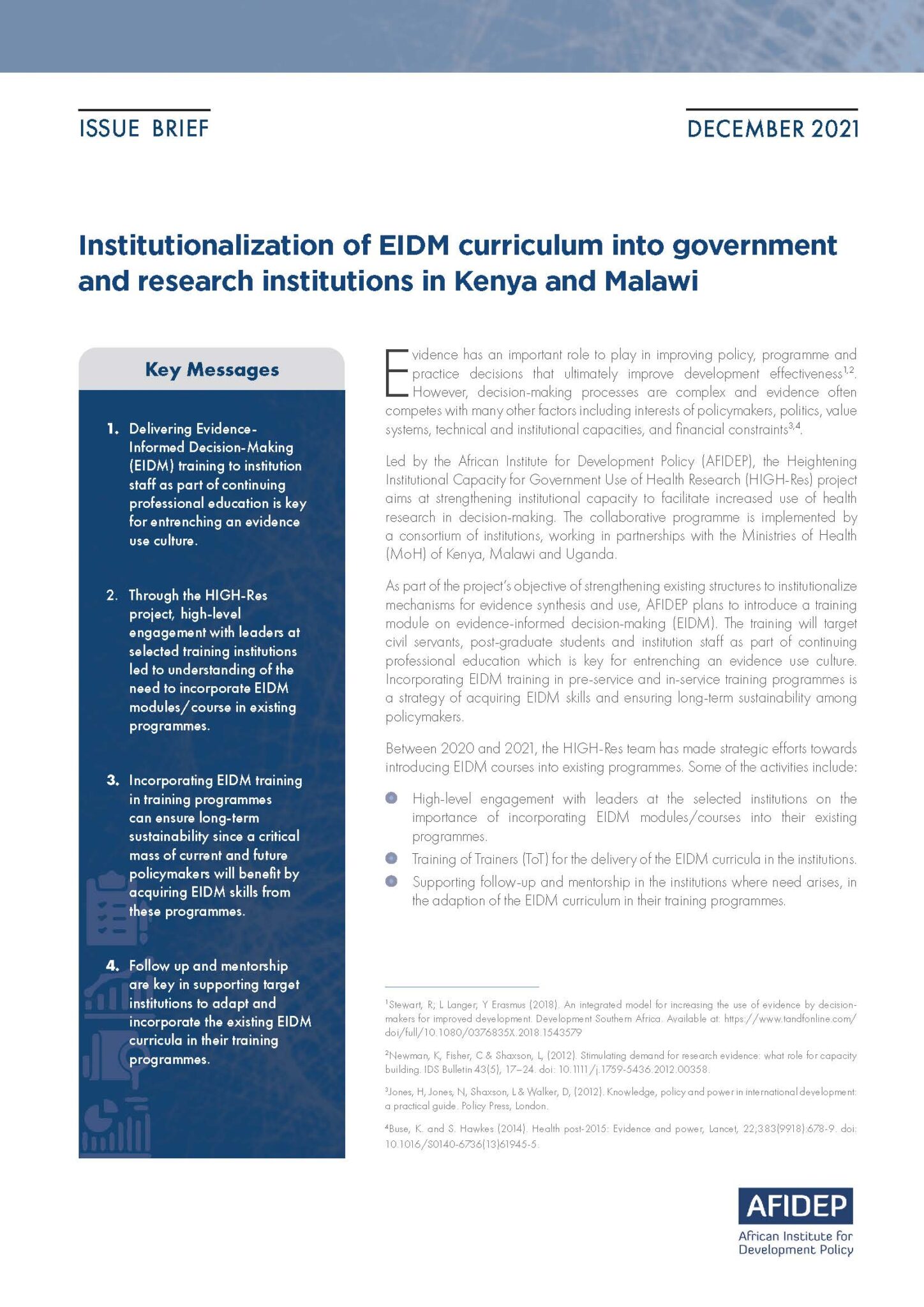Sepsis is a condition where a severe infection triggers the immune system to act in a dysregulated way, attacking the organs, causing organ damage and even death. It can be triggered by any infection, and is a major global health problem, affecting over fifty million people and causing eleven million deaths per year. The World Health Organisation (WHO) has declared sepsis a health priority. Management of sepsis is getting better and outcomes are improving. However, fatalities are still very high in some developing countries. We lack evidence on what strategies will work best in high-burden, low-resource settings. Sepsis is initially treated by antibiotics that treat a wide variety of bacterial infections (e.g. ceftriaxone). However, unless antibiotic therapy can become targeted on the basis of diagnostic tests to identify the exact bug causing sepsis, some patients may not get enough of the correct drug. At the same time, all patients that receive antibiotics are at risk of acquiring antibiotic resistant bugs. A study from Queen Elizabeth Central Hospital (QECH) in Blantyre, Malawi provides evidence on the need to diagnose the precise bug causing sepsis, rationalise antibiotic use, and understand the longer-term outcomes of patients after they leave hospital.

